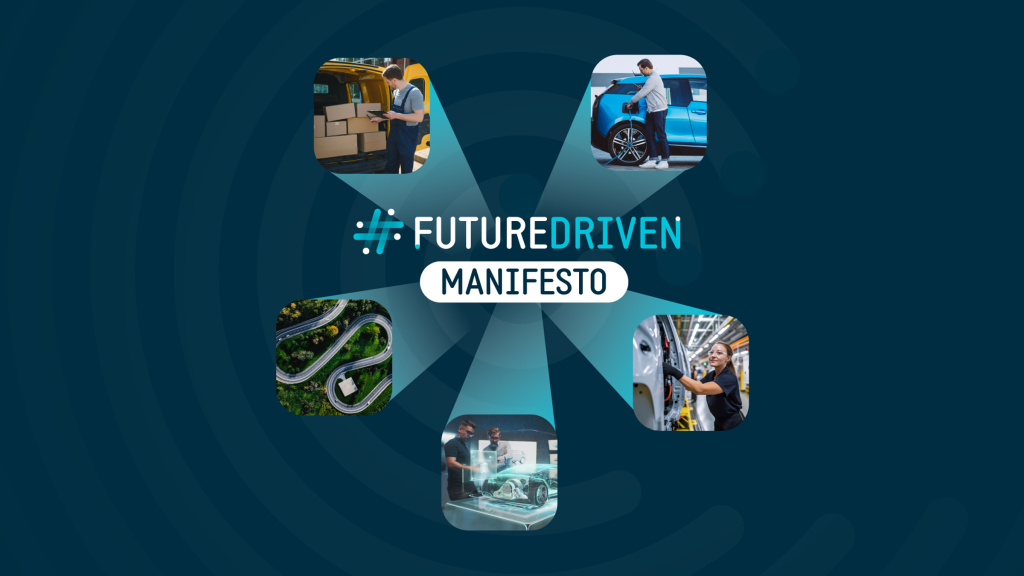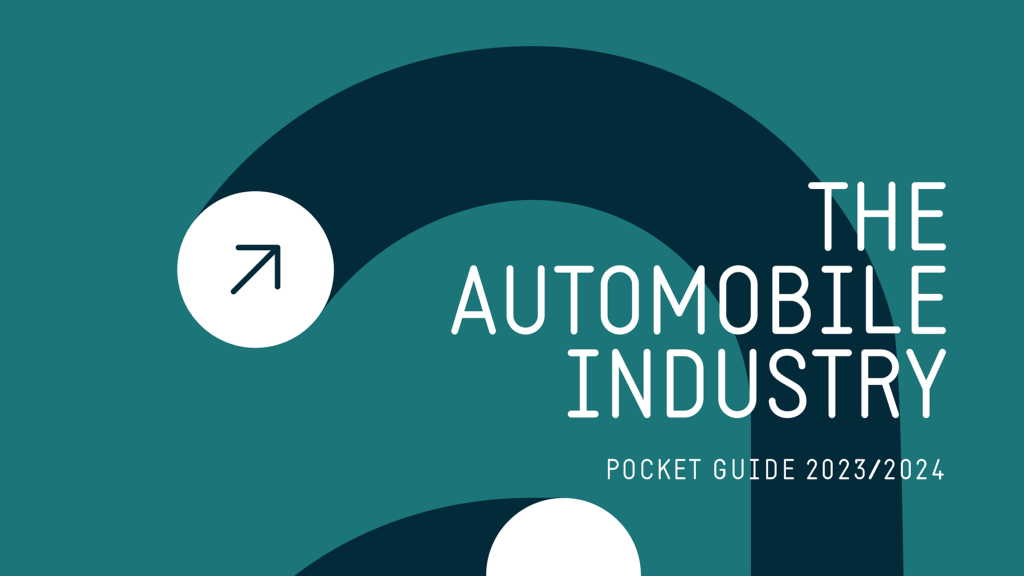European auto industry launches first-of-its-kind #FutureDriven events and exhibit pop-up

ACEA is launching a ground-breaking six-week’s pop-up experience centre in the European heart of Brussels to showcase and debate what’s in store for Europe’s #FutureDriven, green as well as arduous mobility transformation.
Did you know that electric vehicles are mostly driven by well-off 35-55-year-old men? And did you know that, in 2022, only 27% of students in Science, Technology, Engineering and Mathematics (STEM) education were women?
These and other ‘unexpected’ statistics may often go under the radar. But they have one other thing in common too: they tell a story of society, the auto industry, and transformation. Manifesting around 13 million jobs, operating over 200 factories in the EU, and representing 7% of the EU’s GDP, the automotive industry propels our transport and mobility needs, is long rooted in local communities and is essential to the EU economy.
Often front-page news, for anything ranging from Chinese EV imports to the highlights in the Draghi report, to CO2 reduction targets, it’s clear that we are at the vanguard of the green transition as well as of the EU’s quest for greater competitiveness. With a new EU policy cycle starting, what better moment to lay out why this industry matters big time and what there is at stake?
That’s why we’ve created a first-of-its-kind platform for dialogue, with inspiring technology exhibits to explore the future, and providing space to reflect and connect — right in the European heart of Brussels.
The #FutureDriven Experience Centre Pop-up will host 30+ events on everything from the electrification of vehicles, the particular challenges for trucks and buses, the move to circularity in our sector, the role of China in this industry, and other key issues as well as perhaps more surprising topics. The exhibits will feature AI, hydrogen and battery technology, recycling opportunities and formula-e, to name just a few. The experience of driving new technology will also be on offer.
For sure, the most pressing issues of our time will take centre stage: competitiveness, CO2 targets, and the framework conditions that will carry us through this positive, transformative future, and continue our historic contribution to the continent.
We’re in the midst of major discussions on the CO2-reduction targets for cars, with a much-needed exchange on how to increase the feasibility of achieving these targets given the state of the market. We’ll debate what’s missing, and how exactly we can engage in the green transition without sacrificing the competitiveness of the European automotive industry.
With the large investments having been made into the next generation of vehicles, and over 370 battery-electric models on the market, and constant investment into new vehicle technologies, the bottleneck on rapid market uptake is certainly not the automotive industry.
There is a clear need for serious investment into essential infrastructure such as charging stations, a competitive manufacturing environment, and purchase and tax incentives, without which we will not be able to accomplish the electrification and decarbonisation of our sector with the urgency required. Getting beyond the point of early adopters reaching mass-market scale, turns out to be pretty tough, to put it euphemistically.
But you’ll find much more.
We’ll be making a point, for example, of looking at the innovators and engineers of tomorrow, working with the key Greenlight for Girls team to encourage young girls to engage in STEM education and to encourage a new generation of young people to contribute to the future of our continent. We’ll also look at the data-sharing economy, at automation of vehicles, at public transport, road safety and much more.
And even if you’re not a car enthusiast? No problem as we have a range of engaging sessions that go beyond automotive as well, touching the all-important broader context. Wondering how the US elections could shape EU trade policy? Or perhaps you’d like to uncover what really happens behind the scenes at major climate summits like COP29 in Baku? We’ll have it all covered.
Because let’s face it: vehicles—be they cars, buses, trucks, or vans—are more than just modes of transport; they are the backbone of both our economy and our communities. They connect us to workplaces, schools, markets, and most importantly: our loved ones. They make it possible for each of us to work and study far from home, and help us to live the lives we want to live.
Imagine the fresh fruits and vegetables delivered daily to our local stores, the construction materials that shape our cities, or the trips we take to visit family and friends across borders.
It is in all our interests to sustain a thriving and innovative auto industry in Europe.
So make sure to sign up to join us, and to take part in our journey, all kicking off from Tuesday 5th November!
ACEA is launching a ground-breaking six-week’s pop-up experience centre in the European heart of Brussels to showcase and debate what’s in store for Europe’s #FutureDriven, green as well as arduous mobility transformation.

